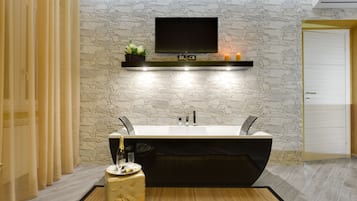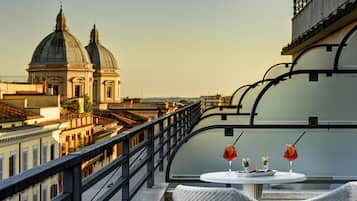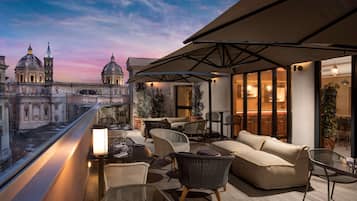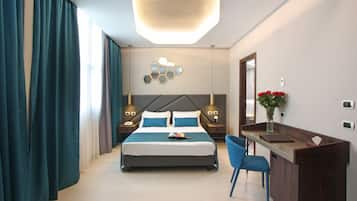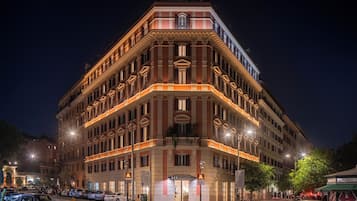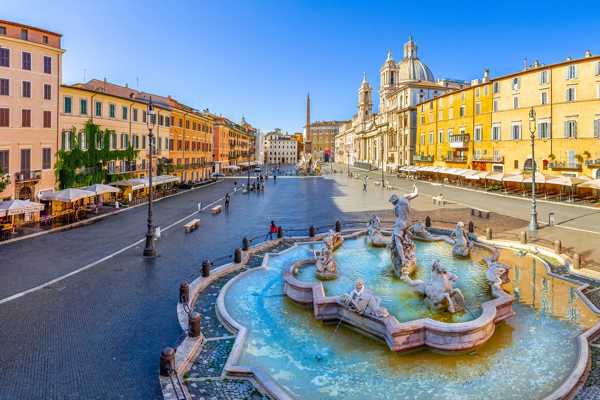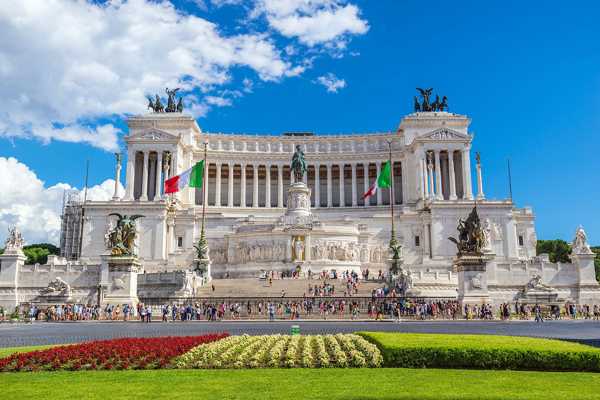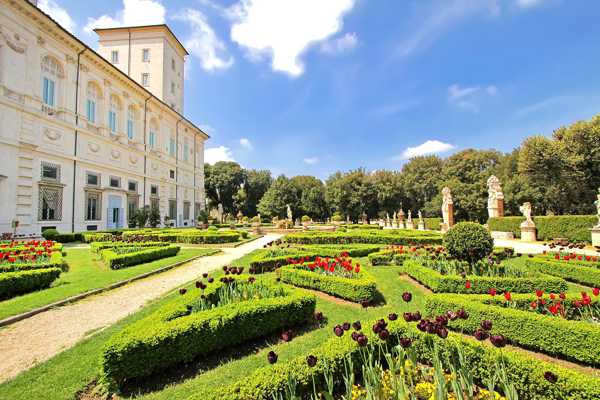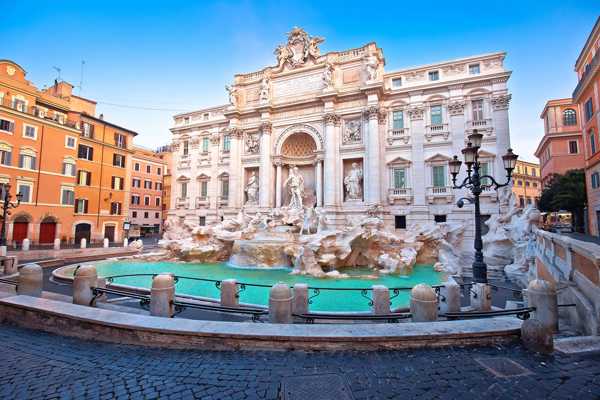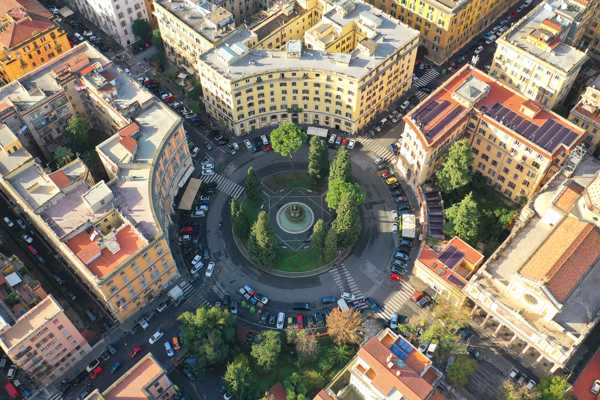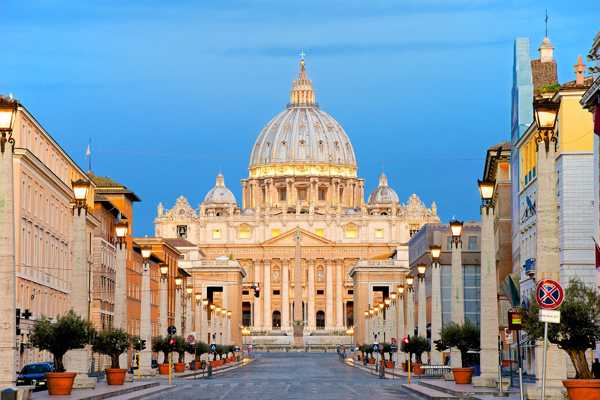The Roman Forum, or the Forum Romanum, is a rectangular space that offers the inner workings of Roman governance and culture in official buildings and markets. The ruins here form the centre of ancient Roman culture, a place where official government operations were done and where people could trade, gossip, and engage in the work of daily life. Here, you can see many of the oldest and most important ruins of the original city, dating back thousands of years.
A visit to the Roman Forum allows you to visit shrines and temples, the ancient residence of the King of Rome, religious and senate complexes, judicial structures, and even an ancient open-air market. Here, you can discover what made Rome unique in a world where eventually cultures copied one another in most ways, and it is a wondrous place to explore and learn for adults and kids.
Roman Forum in Rome - one of the highlights of 10 Iconic Buildings and Places in Rome and How to Visit Rome in Less Than 24 Hours (Read all about Rome here)
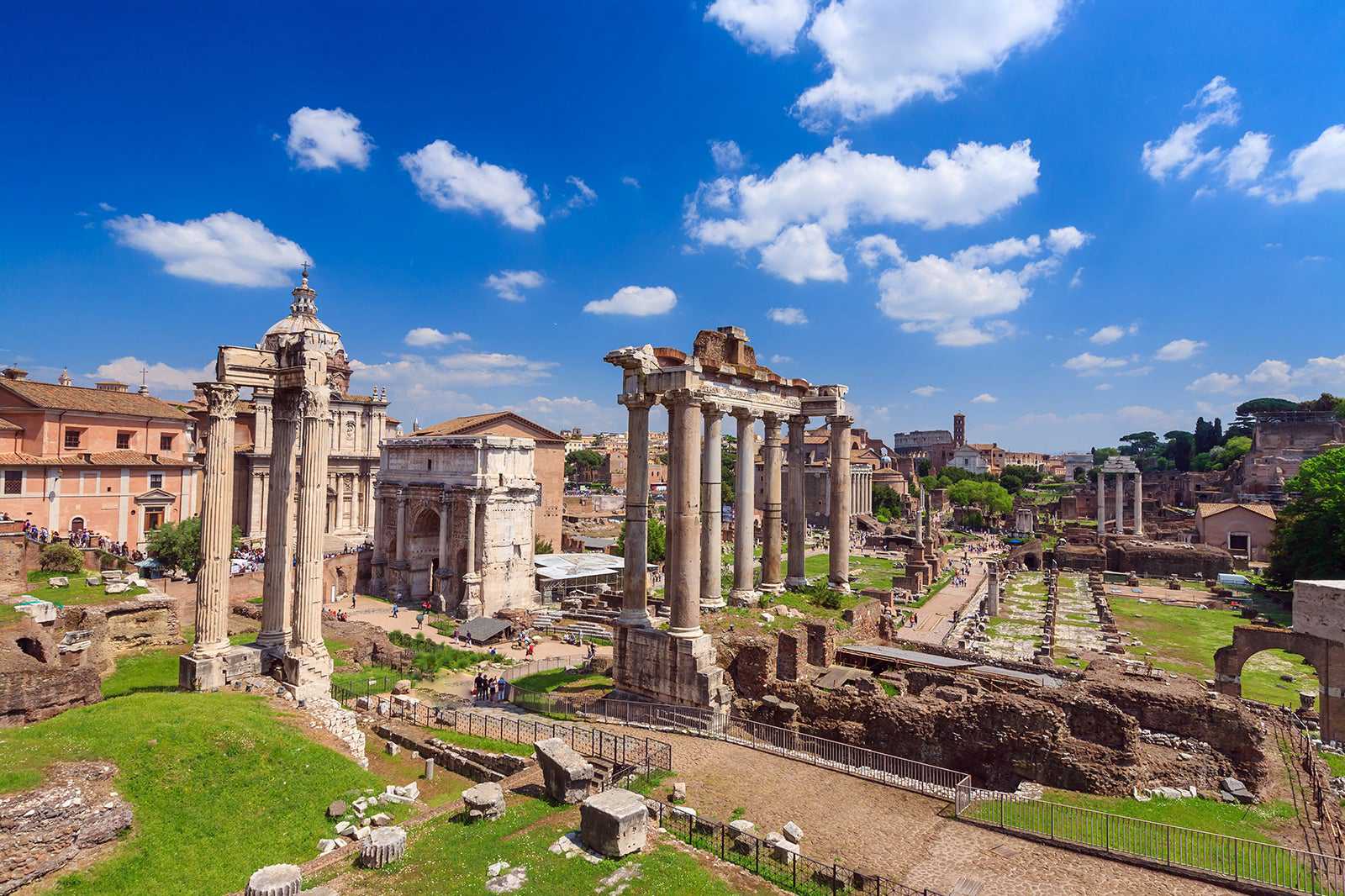
History of the Roman Forum
The Roman Forum's history begins in the 7th century BCE when it was still a kingdom. According to legend, it dates to city founder Romulus and an alliance with his chief rival, to create a designated place where the two could meet in peace. By the late 7th to 6th centuries BCE, temples sprung up here, and it became a place of worship. By the time of the Roman Republic, the Roman Forum had become the central location for political and judicial operations in the city.
During the Roman Empire, Augustus added the Arch of Augustus and the Temple of Divus Iulius. By 203 AD, the marble Arch of Septimus Severus was dedicated, and during Constantine's reign, the final major expansion occurred with the Basilica of Maxentius. The forum fell into disuse and disrepair through the Renaissance but has remained an important archaeological site ever since.
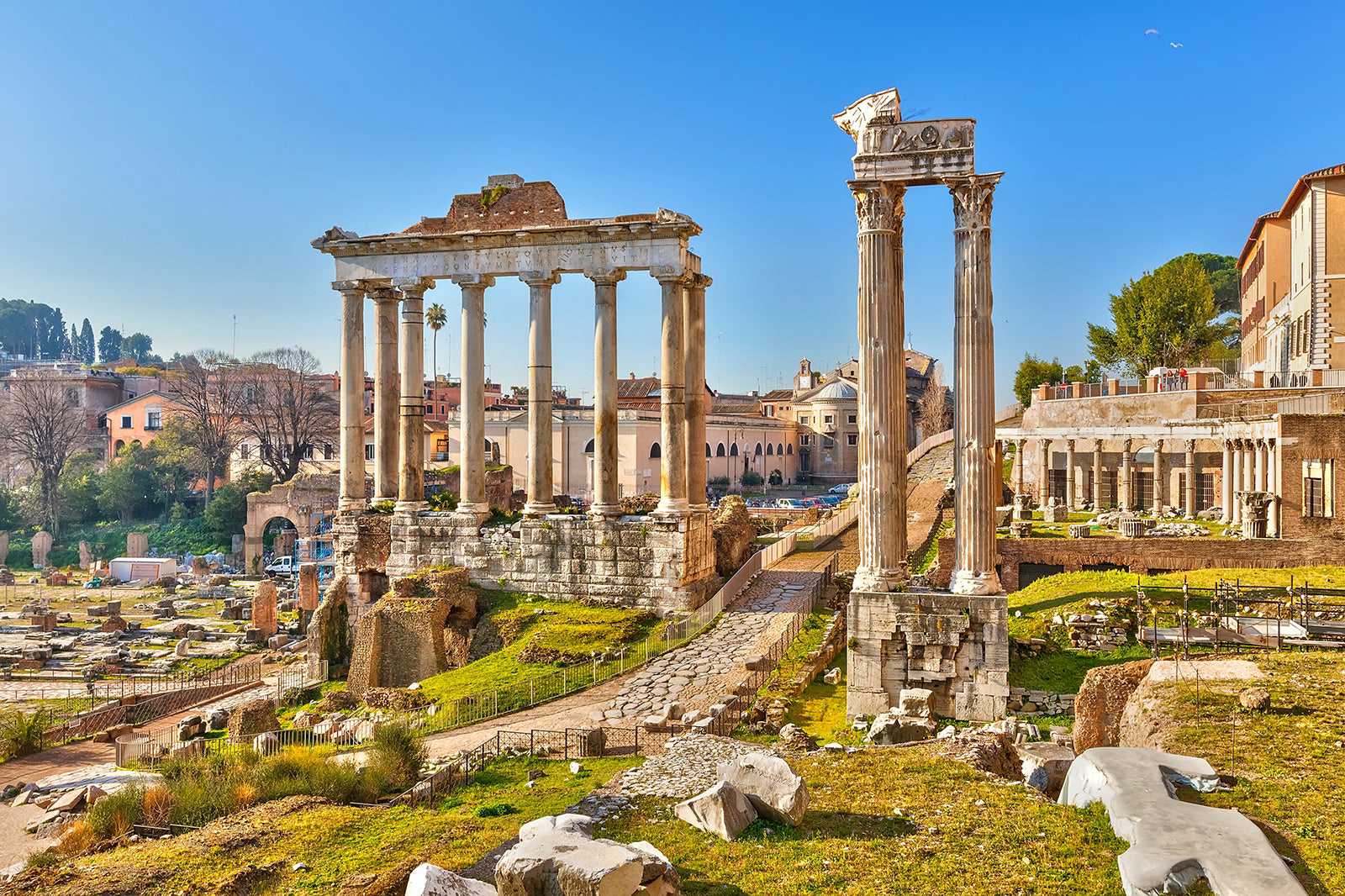
Highlights of the Roman Forum
The highlights of the Roman Forum include a number of monuments, including the once-magnificent Temple of Saturn, which stood with four other important temples. Other existing or re-created ruins include the Temples of Castor and Pollux, Vesta, Venus and Roma, Antonius and Faustina, Caesar, Vespasian and Titus, and the Temple of Romulus. Several remnants of Basilicas can also be seen here, including Aemilia, Julia, and Maxentius and Constantine.
The remains of three arches can be seen at the Roman Forum dedicated to Septimus Severus, Titus, and Constantine. Still standing in part include government and official buildings including the Regia where the kings of Rome lived, the Curia Julia where the Senate met, the Atrium Vestae or House of the Vestal Virgins, and the Tullianum prison, among others. You can walk ancient streets here and see mysterious pools like the Lacus Curtius and many other structures.
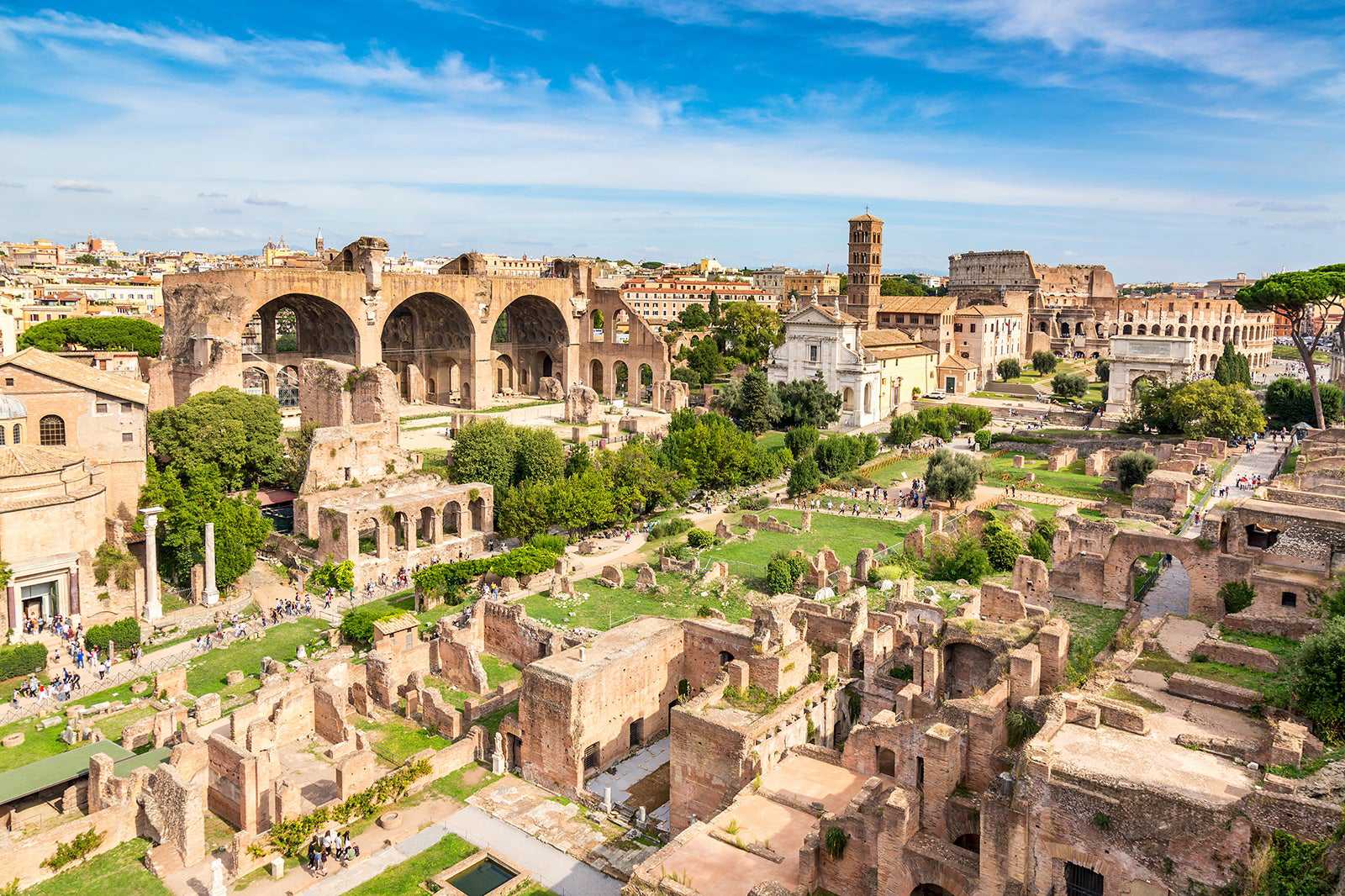
Good to know about the Roman Forum
The Roman Forum is accessible by metro rail along Line B, stopping at the Colosseum. It's also accessible by no fewer than six bus lines, so it's very easy to reach from just about anywhere in the city. It is disability-accessible, and audio guides are available for those in need of aid. Bathrooms are available on site.
Probably the best way to explore the Roman Forum is with a guided tour where a knowledgeable guide will outline the major monuments and their history and usage all through the centuries. After your tour, you can grab a bite to eat at a number of nearby restaurants, and go shopping for an ideal souvenir or keepsake at the gift shop or nearby neighborhood shops.
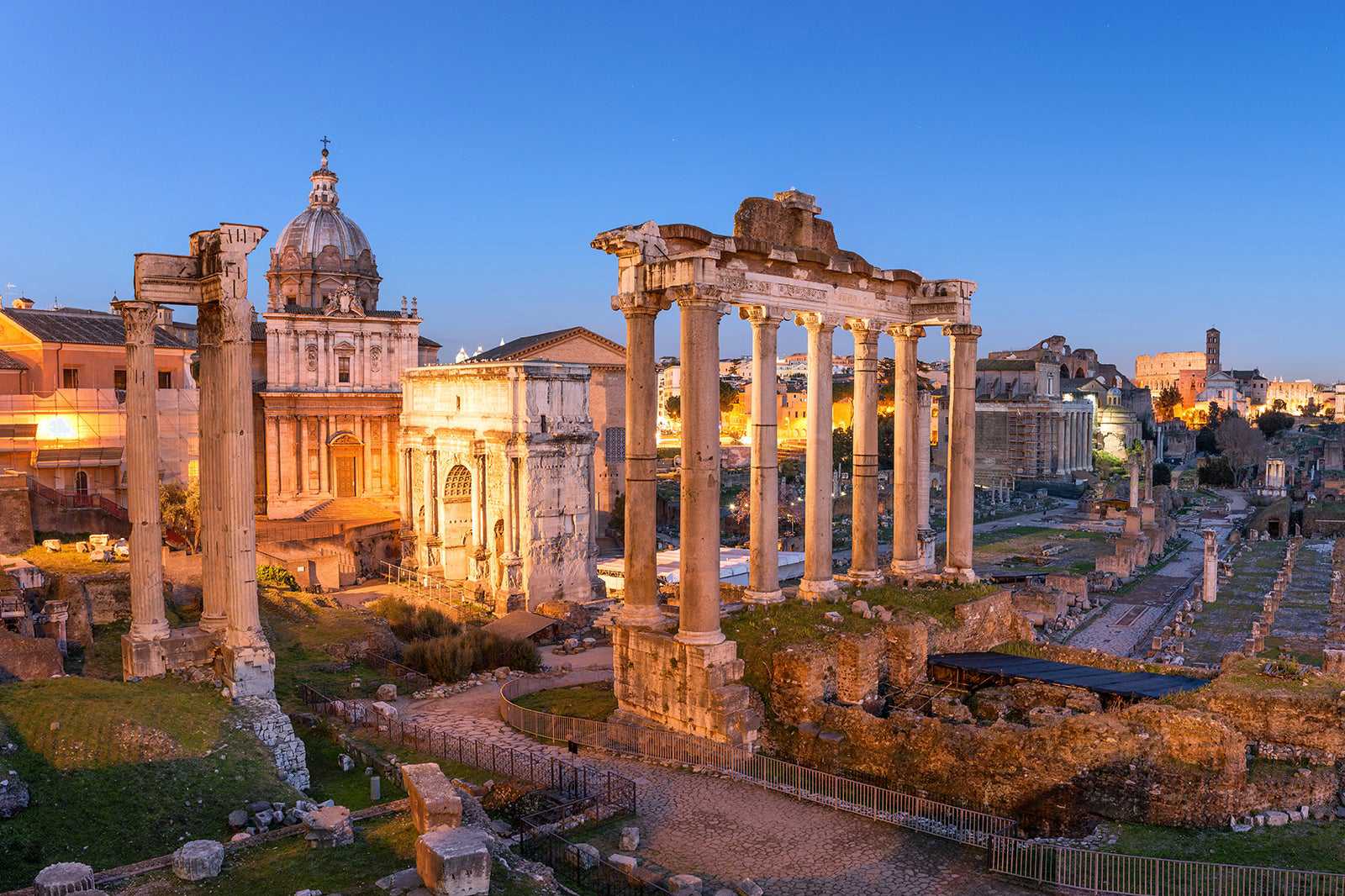
Roman Forum in Rome
Location: Via della Salara Vecchia, 5/6, 00186 Roma RM, Italy
Open: Daily from 9.30 am to 7.15 pm
Phone: +39 (0)06 6998 4452

